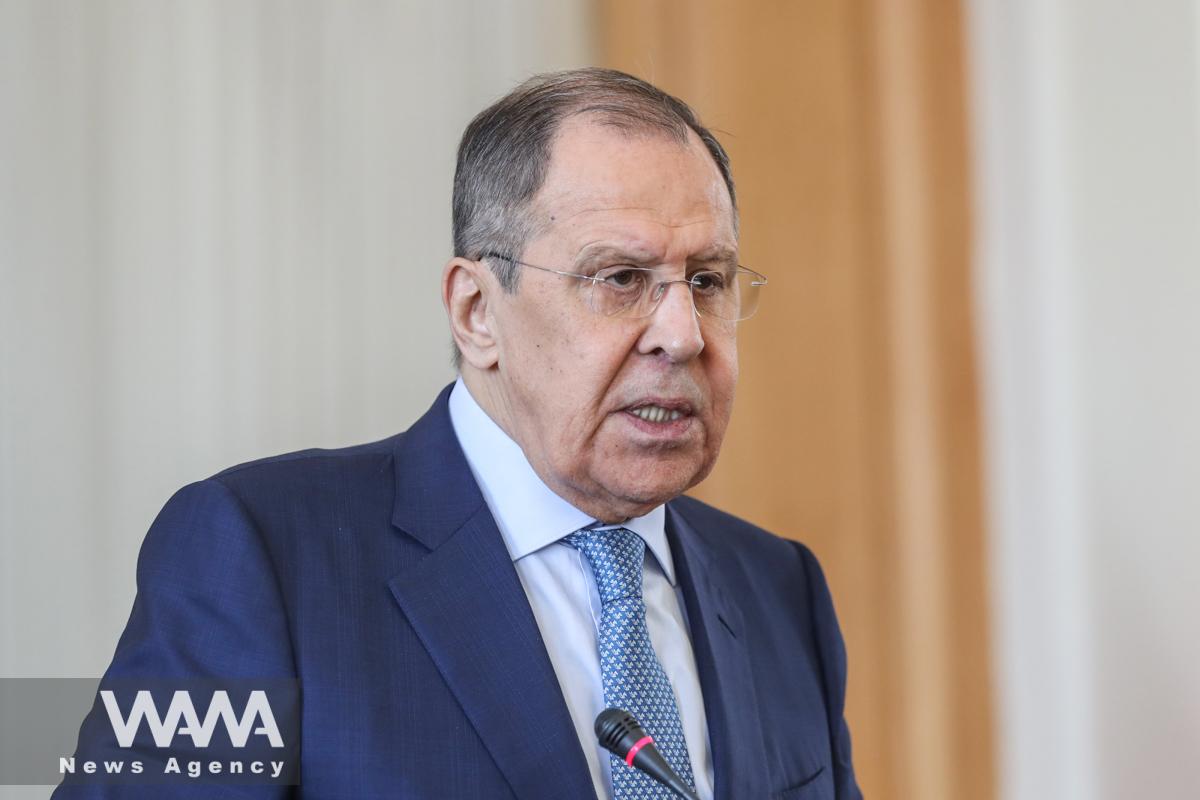Iran-Israel Confrontation Reaches Dangerous Point
WANA (Dec 30) – Russian Foreign Minister Sergey Lavrov has attributed the instability and ongoing conflicts in West Asia to the United States’ persistent interference in the internal affairs of regional countries. He also warned that tensions and confrontation between Iran and Israel have reached a dangerous tipping point.
In an interview, Lavrov highlighted that the chronic unrest and repeated clashes across the region stem largely from Washington’s irresponsible actions and its aggressive efforts to meddle in Arab countries’ internal affairs. He accused the U.S. of drawing artificial dividing lines to advance its own agenda.
Lavrov pointed out that developments in October last year triggered further military and political instability in the Middle East. “Since then, the cycle of violence has extended from the Israeli-Palestinian conflict to Lebanon and the Red Sea, with Iran-Israel confrontations nearing a perilous threshold,” he remarked.
He criticized Washington’s approach, stating, “Through its destructive behavior and insistence on being the leading mediator in regional conflicts, the U.S. has only exacerbated tensions. The people of Iraq and Libya are still grappling with the consequences of America’s reckless adventures and those of its allies.”
Addressing the Israeli-Palestinian conflict, Lavrov identified it as the root cause of chronic tensions in the region. He accused the U.S. of seeking to monopolize the mediation process, which has only fueled periodic flare-ups of the conflict.
Lavrov emphasized Russia’s commitment to fostering development in the region through conflict resolution measures tailored to the needs of the directly involved parties. He reiterated Moscow’s stance that the key role in stabilizing the region should belong to Middle Eastern countries themselves, adding, “We are ready to support them in this endeavor.”
Russian FM Sergey Lavrov:
“#Iran and #Russia agreement includes international elements, emphasizing regional & global peace and security, reflecting Moscow & Tehran’s desire for closer cooperation.It also covers defense, counter-terrorism, extremism, and tackling shared… pic.twitter.com/eKvhMqrla3
— WANA News Agency (@WANAIran) December 29, 2024












